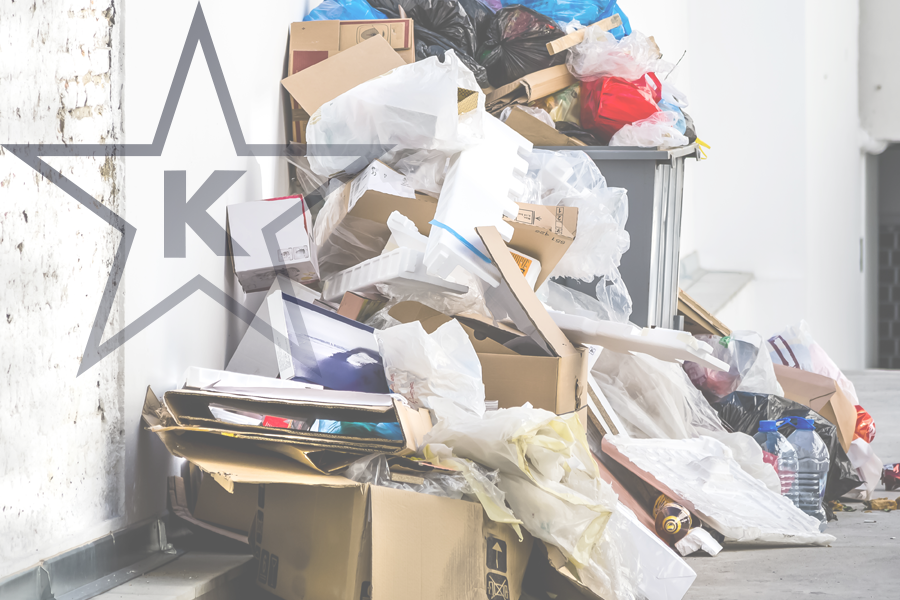Kashrus Kurrents Winter 2018
Q: Under which circumstances is a person obligated to erect a fence around the roof of his house?
A: The Torah in parshas Ki-Setze states, “When you build a new house make a railing for your roof, and you shall not bring blood on your house if someone falls from there”.1 The Torah requires one to build a maakeh – a fence – around a flat roof that people walk on, so as to protect them from falling. The mitzvah applies not only to someone who builds a house but also to someone who buys, inherits or is gifted a house.2 A person who rents a house is also required to build a maakeh if the owner has not already done so.3
A maakeh has to be strong enough that a person could lean against it without falling, and it has to be ten tefachim high.[...] Read More





 STAR-D
STAR-D STAR-S
STAR-S